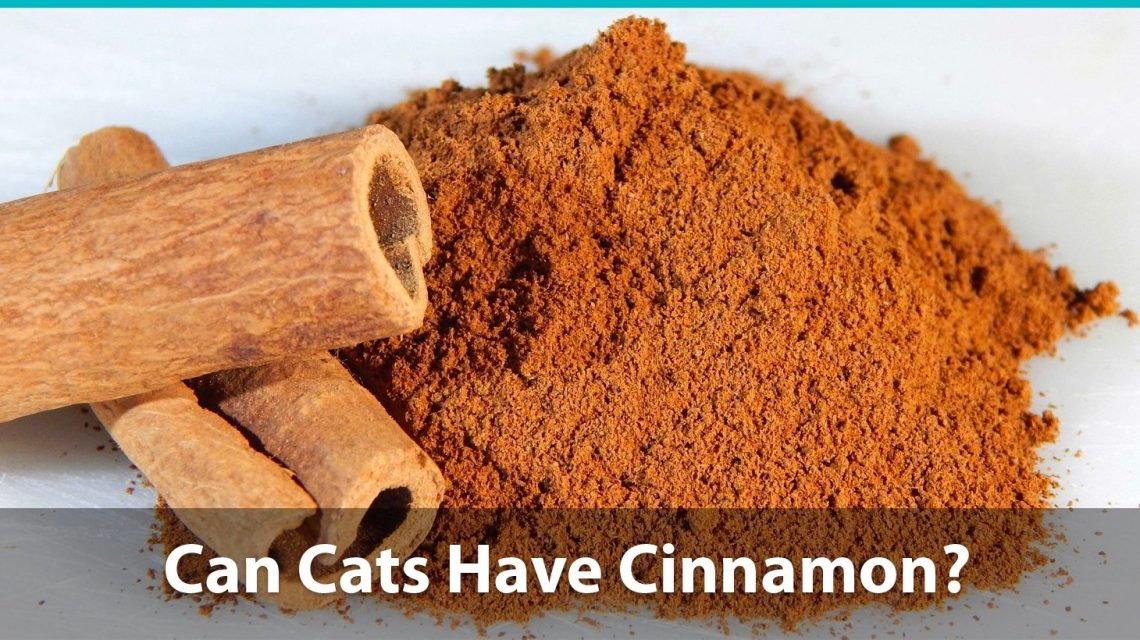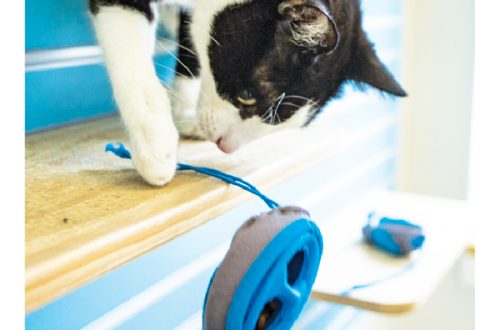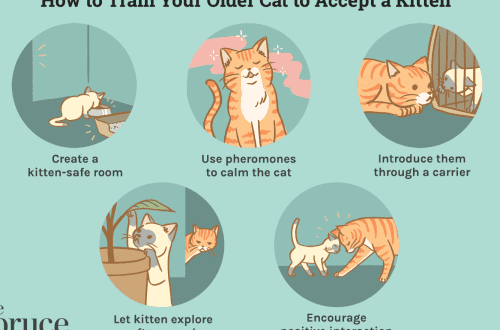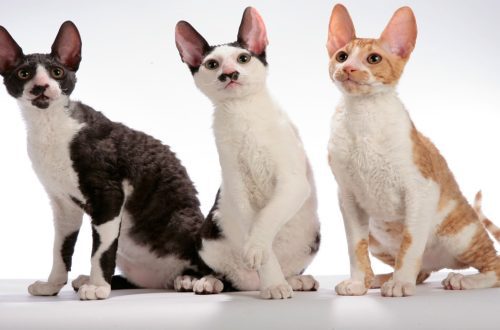
Can cats have cinnamon?
Contents
Why is cinnamon dangerous for cats?
Formally, the spice is not considered toxic to cats. Everything is decided by the amount of the product that has entered the body. The fact is that cinnamon powder contains coumarin, which is a powerful anticoagulant (blood thinner). Moreover, its effect on humans is insignificant, which cannot be said about animals.
- Cats that overeat cinnamon very quickly disrupt blood clotting, which can lead to severe bleeding and bruising.
- The feline liver lacks the necessary enzymes to break down the compounds contained in the spice, which is fraught with acute intoxication.
But these are all rather unique cases. If a small amount of cinnamon gets into the cat’s stomach, the matter is usually limited to an allergic reaction, although more often acquaintance with the spice goes without any consequences for the pet’s well-being. True, provided that natural cinnamon was eaten. As for life-threatening doses, much depends on the health of the animal itself. In general, 1 teaspoon of spice eaten by her is considered sufficient cause for concern about the condition of the cat.
Varieties of cinnamon: which is the most dangerous for a cat
Under the guise of a legendary spice in Russian stores, the cheaper and less useful cassia, also known as Chinese cinnamon, is more common. This product has a similar taste to cinnamon, but a different geography of origin – cassia is imported from China, Indonesia, and Vietnam. The danger of this spice lies in the fact that it is an order of magnitude more toxic for cats.
For comparison: the content of coumarin in natural cinnamon is only 0,02-0,004%, and in cassia – 5%!
You can find out which particular product was bought in a spice shop and how dangerous it is for a cat using a chemical test. Drop iodine on the spice. If the resulting spot turns blue, then you have cassia in front of you. Also, cassia sticks are denser and less likely to break, unlike fragile cinnamon tubes. The taste of Chinese cinnamon is emphasized burning, earthy, with pronounced bitterness. In cinnamon, it is more delicate and without bitterness.
Safety measures
It is generally accepted that a passion for spices is not characteristic of cats. Moreover, the aromas of spices act on the mustachioed-striped as irritatingly as the smell of an uncleaned cat’s tray on people. At the same time, felinologists note that for centuries, living side by side with humans, cats began to betray natural instincts and tastes more often. In particular, some individuals are ready to eat those foods that were not originally included in their diet. So if you notice a sudden interest in the spice cabinet in your pet, do not lose your vigilance and hide it away:
- cinnamon sticks, which a fluffy gourmet can gnaw out of pure curiosity (or harmfulness), thereby earning a burn of the oral mucosa;
- powdered cinnamon – the cat, of course, will not overeat with a bitter substance, but inhale the “dust” and please the owner with a current nose – easily;
- cinnamon essential oil – here the chances of intoxication increase due to the high concentration of volatile substances contained in such products.
Keeping common sense and moderation is also important, so don’t rush to throw scented candles, cinnamon-scented conditioners, and other useful items out of the house. Firstly, in most of them, the aroma of spices is synthesized. Secondly, smelling the smell of cinnamon coming from the same candle, the cat will not suffer at all. And thirdly, do not forget that most of the adequate “tails” are not interested in such things.
Signs of cinnamon poisoning in cats. What to do if the cat ate cinnamon?
If you notice changes in the behavior of the animal, try to establish their cause. Maybe it’s not the cinnamon. Not only will a cat not die from a piece of cinnabon, but it will not even sneeze. However, for your own peace of mind, it is allowed to pour a few tablespoons of clean water into the pet’s mouth to dilute the concentration of what was eaten. The main symptoms that indicate that the cat secretly treated himself to spices or went too far with chewing cinnamon sticks:
- rashes on the skin that provoke itching;
- vomiting;
- diarrhea;
- pulse disorders;
- muscle weakness (rarely), elementary actions are difficult for the animal – walking, jumping;
- hypothermia.
In situations where cinnamon essential oil has got on the coat and paws, it is enough to arrange an unscheduled bath day for the cat to wash away the cause of the allergic reaction. If the condition of the animal worsens or you have a unique special-dependent pet who has eaten cinnamon to satiety, visit a veterinarian. In addition to the examination, you will need to pass a general and biochemical blood test, which will show how serious everything is.
If it’s not allowed for cats, then why is it possible for food manufacturers or why is cinnamon in the “drying”?
Finding cinnamon in dry cat food is not difficult, although it is added less often than, for example, ginger and turmeric. Usually there is a hidden meaning in this. Despite the fact that the cat’s digestion reacts negatively to any spices and spices, in small doses they can have an enhancing effect on the animal’s appetite. Result: the cat with pleasure kills perhaps not the highest quality food, and the owner remembers the brand of “drying” to celebrate, in order to buy another pack for the pet on occasion.
The second reason for the appearance of cinnamon in dry food is the desire of the manufacturer to impress the buyer with a variety of ingredients, thereby emphasizing the premium and balance of the product. Moreover, experts warn: neither an impressive number of components, nor spices, nor exotic additives is at all an indicator of the quality of the feed, rather, on the contrary, a reason to treat it with caution.





